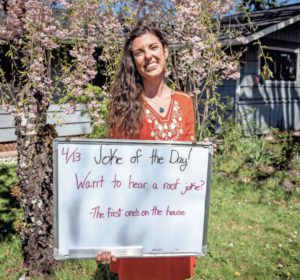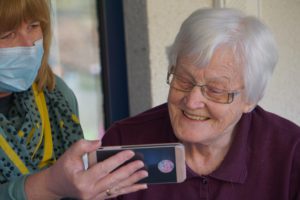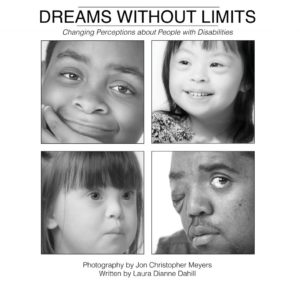MyLife as Digital Storytelling
I recently heard an old RadioLab podcast focused on the question of “What is the Self“? That is, what constitutes our sense of who we are and how is that neurally represented, if in fact it is at all. In one segment of the show the hosts interview neurologist Paul Broks. Broks describes that sense of who we are as nothing more than the story we tell ourselves and others about our lives. The “self” is in essence that story.
We’ve described our MyLife application as “e-Portfolio meets Person-Centered Plan,” but we can actually think of it as a cognitively-accessible digital storytelling application that enables people with disabilities to document their stories and share them with others. What work have I done? What life experiences have I had? What kind of education did I receive? Where did I grow up and where have I lived? What do I like to do for fun? Who am I connected with? And what are my plans for the future?
MyLife gives people an accessible tool to share their stories—and that can have lots of practical value as a way to communicate job interests and qualifications, or to provide a kind of institutional memory that bridges both school transitions and changes in support staff.
But if Broks is right, and the self is simply the story of our life and experience that we share with others, then the ability to tell that story is an essential element of self-determination. The need for tools to extend that capability to individuals with cognitive disabilities is far more than practical. It’s fundamental to who we are.
Tom Keating, Ph.D. is founder and CEO of Cognitopia, home of the Cognitopia Platform for Self-Determination, emphasizing tools for IEP self-direction, goal management, task analysis, and team coordination. Keating has been focused for the past 20 years on research and development of self-management and community living applications for individuals with cognitive disabilities and has been principal investigator on over 20 federally-funded technology development projects. He is also a Courtesy Research Associate in the Computer and Information Sciences Department of the University of Oregon. Keating’s perspective in all of his work has been strongly influenced by his experience of 31 years as a primary supporter for a brother who experienced autism.



